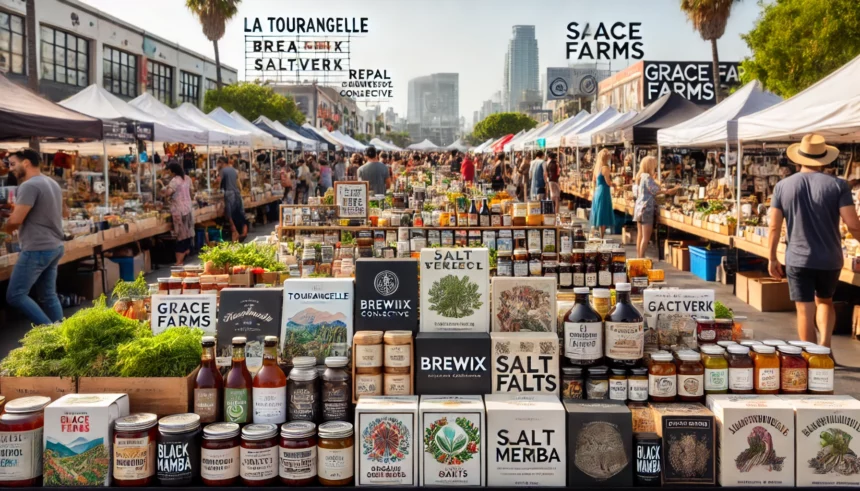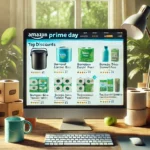The Growing Demand for Sustainable Choices
In today’s world, the success of a food or drink business depends on various factors—quality, flavor, price, and market reach. However, with increasing concerns about climate change, water scarcity, and income inequality, many consumers are now considering the social and environmental impact of their purchases. Data from Leger, a data-marketing company, shows that 64% of consumers value a brand’s social responsibility, and this figure rises to 67% among millennials and Gen Z. Additionally, 83% of consumers believe brands should use sustainable practices, with 42% choosing sustainable brands over others.
What Does “Sustainable” Really Mean?
At the recent Summer Fancy Food Show in New York City, the term “sustainable” was everywhere. But what does it actually mean? The overuse of this term can make it confusing for consumers. That’s why some companies are using terms like “regenerative,” which refers to farming methods that treat farms as part of a larger ecosystem.
La Tourangelle’s Regenerative Oils
La Tourangelle, a French-American company, offers a variety of high-quality oils, including olive, avocado, and nut oils. A year ago, they introduced a line of regeneratively farmed sunflower and flax oils. This is part of California’s first organic and regenerative oilseed program. It shows how food and drink products can taste great while being good for the environment.
Brewing a Better Future for Tea Farmers
The global tea market is worth nearly $50 billion, yet many small tea farmers struggle financially. Harshit and Sudarshana Parolia, a husband-and-wife team, founded Brewix with these challenges in mind. Based in Kolkata, India, they buy tea directly from farmers in Darjeeling, Nilgiri, and Assam. This direct buying ensures fair wages and better conditions for workers, supports sustainable practices, and guarantees quality and freshness.
Brewix’s Sustainable Teas
Brewix also funds a project to remove low-value plastics from the Dehradun region, recovering the equivalent of 29 million plastic bags so far. Their teas contain no artificial additives or coloring and come in a variety of flavors. My favorite is the fragrant Masala Chai.
Helping Nepalese Tea Farmers
In Nepal, the Nepal Tea Collective aims to lift one million tea farmers out of poverty. This immigrant-owned company buys directly from farmers and shares 1% of its revenue with them. Each tea package has a QR code that tells the story of its origin, and you can tip the farmer via PayPal. Their best-seller is a bundle of white, gold, and chai teas.
Saltverk’s Low-Impact Sea Salt
Saltverk, an Icelandic company, produces sea salt using geothermal energy. Located on the Reykjanes Peninsula, where hot springs naturally heat the water, Saltverk’s processes generate no carbon dioxide or methane emissions. Their plain flaky sea salt and flavored varieties, like birch-smoked and Arctic thyme, are delicious and sustainable.
Building Community with Coffee
Grace Farms Foundation in Connecticut combines cultural and humanitarian efforts with their own line of teas and coffees. A Certified B Corp, Grace Farms Foods uses 100% of its profits to support Design for FREEDOM, an initiative to end forced and child labor in the building-materials industry. Their coffees are sourced from women-led co-ops, and their teas come from Fairtrade Certified producers. All packaging is recyclable or biodegradable.
Black Mamba’s Spicy Commitment
Black Mamba, based in Eswatini, produces hot sauces and hot honey with organically grown ingredients. Partnering with Guba, a local organization, they source from smallholder farmers trained in regenerative practices. Their packaging is recyclable or biodegradable, and they persuaded Burger King to use their sauce without plastic pouches. The “tangy and hot” peri peri sauce, balanced with heat and flavor, is a personal favorite.
















